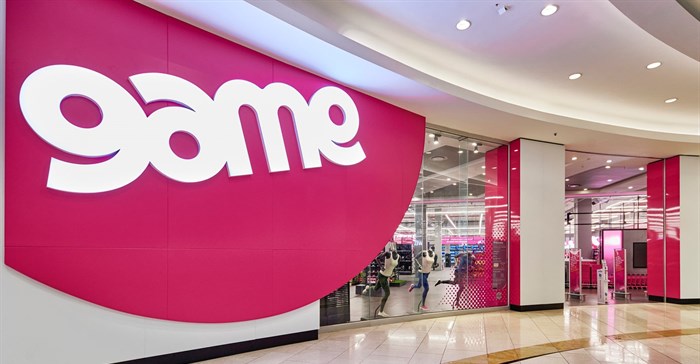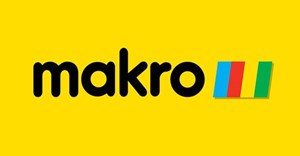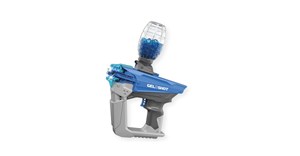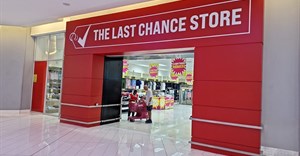Trending
Elections 2024
Jobs
- Product Planner Johannesburg
The most important items for bargain hunting South Africans

Despite this, only 25% are putting retail-related savings into a savings account, while the majority are spending these on extra items they need for their homes – no matter their monthly household income.
Moreover, the survey found that over 80% of respondents in every household income category – which spanned from less than R2,000 a month to more than R100,000 a month – said bargain hunting has become more important to them in the past year.
Saving is important to South Africa
In line with this, the results showed that more South Africans were putting savings policies, like Game’s Price Beat Promise, to use on groceries than they were on large appliances and HD TVs.
Katherine Madley, vice president of marketing at Game, said, “This research has indicated just how important saving is to the South African consumer in 2021. The margins for savings on items like groceries are minimal, often saving the consumer less than R10 – but this hasn’t stopped them making use of our Price Beat Promise, either before or after purchase.”
The survey found that most respondents who had put Game’s Price Beat Promise to the test in the last six months had a household income of between R2,000 and R5,000 per month. In households with an income of less than R2,000, consumers looked to save predominantly on groceries, baby products and furniture. Those with an income of up to R5,000 looked to save on electronics and smart televisions. Groceries remained a key driver for those with household incomes between R10,000 and R20,000.
How South Africans compared prices
Of those who continued to track item prices after purchase, 59% said they use leaflets to compare prices, while only 43% relied on Google searches. Interestingly, using leaflets is most popular amongst respondents with a household income of between R5,000 and R10,000. Those with a household income of less than R2,000 said they preferred to use Google search.
Madley said, “When comparing their bargain hunting habits year-on-year, 50% of respondents said they were looking for better deals this year and 33% said they were focusing on buying essential items only – which could be what is driving the consumer to look for savings on items like groceries.”
She noted that the majority of respondents said they visited less stores compared to last year. “These findings give retailers an important glimpse into the mind of the South African consumer in 2021, and should be driving merchandising and pricing strategies for any retailer looking to remain relevant.”
Madley notes that Game intends to run this price perception survey on a quarterly basis to keep abreast of changes and trends in consumer behaviour.



















